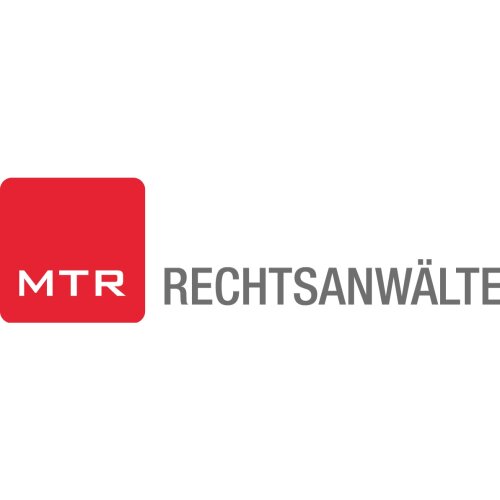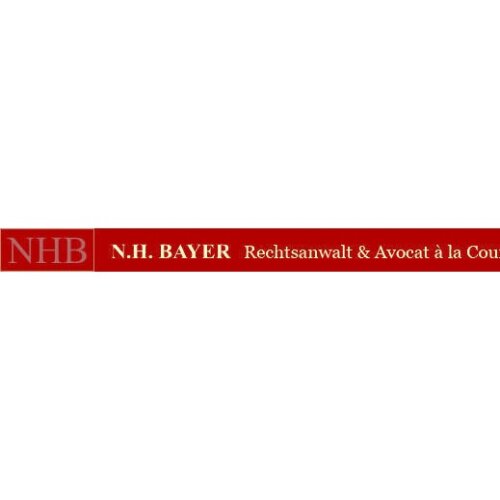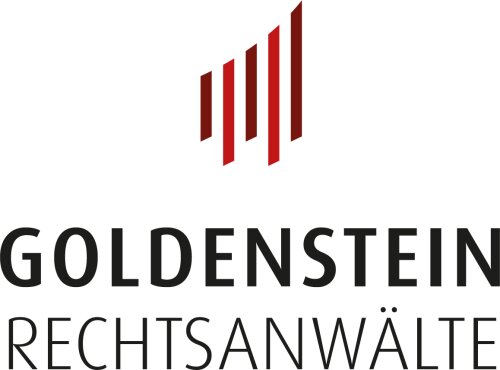Best Antitrust Litigation Lawyers in Berlin
Share your needs with us, get contacted by law firms.
Free. Takes 2 min.
List of the best lawyers in Berlin, Germany
About Antitrust Litigation Law in Berlin, Germany
Antitrust litigation refers to legal proceedings concerning the enforcement or breach of competition laws. In Berlin, as throughout Germany, antitrust law is designed to maintain fair competition, prevent monopolies, and combat practices that restrict competition, such as price-fixing, market sharing, and abuse of a dominant position. Antitrust litigation often involves disputes between businesses, investigations by authorities, and sometimes actions by consumers. The German legal system handles these cases in accordance with both national and European Union regulations.
Why You May Need a Lawyer
Antitrust litigation can be complex. You may need a lawyer in several common situations, including:
- If you believe your business is a victim of unfair competition or cartel activity
- If your company is under investigation by the Federal Cartel Office (Bundeskartellamt) or other competition authorities
- If you are accused of price-fixing, market sharing, or abusing a dominant position
- If your business is involved in a merger or acquisition that may raise competition concerns
- If you wish to seek compensation for damages caused by anticompetitive behavior
- If you are a whistleblower or have inside knowledge of antitrust violations
Having an experienced antitrust lawyer is essential in these cases to help you navigate investigations, defend your rights, assess risks, and pursue or defend legal claims.
Local Laws Overview
Antitrust litigation in Berlin is governed primarily by German and European law. The main legal frameworks include:
- The Act Against Restraints of Competition (Gesetz gegen Wettbewerbsbeschränkungen - GWB), Germany’s primary antitrust statute
- Provisions of the Treaty on the Functioning of the European Union (TFEU), especially Articles 101 and 102
- Oversight and enforcement by the Federal Cartel Office (Bundeskartellamt) and, in relevant cases, the European Commission
Key elements of these laws include prohibitions on cartels, abuse of dominant market positions, and certain types of restrictive agreements. The law also provides procedures for investigating suspected breaches, imposing fines, and granting compensation to victims of anticompetitive conduct. Both public enforcement (by authorities) and private enforcement (by affected parties) play significant roles in antitrust litigation in Berlin.
Frequently Asked Questions
What is considered anticompetitive behavior under German law?
Anticompetitive behavior covers any actions that unlawfully restrict competition, such as price-fixing, market sharing, bid rigging, and abuse of market dominance.
Who enforces antitrust laws in Berlin?
The Federal Cartel Office (Bundeskartellamt) is the main authority for enforcement, but some cases may involve the European Commission or German courts.
Can individuals or small businesses be affected by antitrust proceedings?
Yes. Both individuals and businesses of all sizes can be subject to or benefit from antitrust litigation, either as claimants, defendants, or third parties.
What penalties can be imposed for violating antitrust laws?
Penalties can include significant fines, orders to cease certain practices, and, in some cases, criminal sanctions against individuals.
Is it possible to claim damages if you have suffered from anticompetitive conduct?
Yes. Parties harmed by antitrust violations can seek damages through the civil courts in Berlin.
How long do antitrust investigations usually take?
Investigations can range from several months to several years, depending on the complexity of the case and the level of cooperation by involved parties.
Do I have to cooperate with an antitrust investigation?
Businesses are legally obligated to cooperate with authorities, such as providing documents and information when requested. Refusal can lead to penalties.
Can mergers or acquisitions be blocked on antitrust grounds?
Yes. Transactions that significantly reduce competition can be blocked or subjected to conditions by the authorities.
What should I do if I suspect my company is under investigation?
Consult an antitrust lawyer immediately to understand your rights and obligations, and to avoid potentially incriminating actions.
Are leniency programs available for whistleblowers?
Yes. Leniency programs may reduce or waive penalties for parties that voluntarily report involvement in illegal cartels or provide essential evidence.
Additional Resources
If you need further information or support, the following resources can prove helpful:
- The Federal Cartel Office (Bundeskartellamt) - Germany's main competition authority providing guidance and information on current cases
- Bundesministerium für Wirtschaft und Klimaschutz (Federal Ministry for Economic Affairs and Climate Action) - Offers resources on national economic and competition policy
- European Commission Directorate-General for Competition - Handles issues with cross-border or EU-wide relevance
- Local chambers of commerce and business associations in Berlin, which can offer advice or refer you to specialized attorneys
Next Steps
If you require legal assistance in antitrust litigation in Berlin, consider the following steps:
- Document any relevant events, communications, or suspected breaches as soon as possible
- Contact a lawyer who specializes in competition and antitrust law in Berlin
- Ask your lawyer about your obligations and rights, especially regarding cooperation with authorities
- Discuss strategies to protect your interests, whether seeking damages, defending against allegations, or cooperating with investigations
- Consider utilizing support from relevant agencies or trade organizations as needed
Timely legal advice can significantly affect your position in antitrust proceedings. Do not delay in seeking professional guidance to ensure your rights are protected and obligations fulfilled.
Lawzana helps you find the best lawyers and law firms in Berlin through a curated and pre-screened list of qualified legal professionals. Our platform offers rankings and detailed profiles of attorneys and law firms, allowing you to compare based on practice areas, including Antitrust Litigation, experience, and client feedback.
Each profile includes a description of the firm's areas of practice, client reviews, team members and partners, year of establishment, spoken languages, office locations, contact information, social media presence, and any published articles or resources. Most firms on our platform speak English and are experienced in both local and international legal matters.
Get a quote from top-rated law firms in Berlin, Germany — quickly, securely, and without unnecessary hassle.
Disclaimer:
The information provided on this page is for general informational purposes only and does not constitute legal advice. While we strive to ensure the accuracy and relevance of the content, legal information may change over time, and interpretations of the law can vary. You should always consult with a qualified legal professional for advice specific to your situation.
We disclaim all liability for actions taken or not taken based on the content of this page. If you believe any information is incorrect or outdated, please contact us, and we will review and update it where appropriate.

















